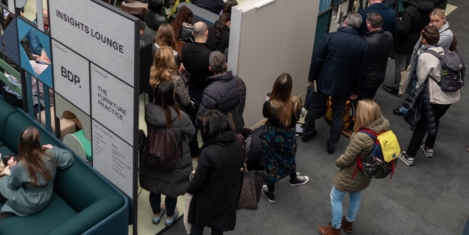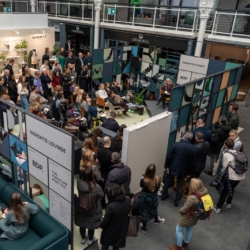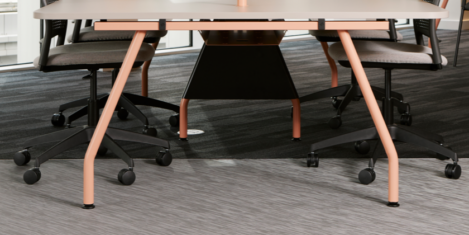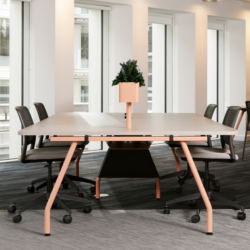January 17, 2024
CEOs remain optimistic about short term growth, quarter are planning to replace people with AI
 The proportion of CEOs who believe global economic growth will improve over the next 12-months has more than doubled. At the same time, the proportion of CEOs concerned about their long-term business viability has risen to 45 percent as tech and climate pressures accelerate, according to PwC’s 27th Annual Global CEO Survey. However the survey, published to coincide with the annual World Economic Forum jamboree in Davos, also reports that artificial intelligence will result in dramatic job losses in 2024 and beyond. A quarter intend to cut their headcounts by at least five percent “due to generative AI. (more…)
The proportion of CEOs who believe global economic growth will improve over the next 12-months has more than doubled. At the same time, the proportion of CEOs concerned about their long-term business viability has risen to 45 percent as tech and climate pressures accelerate, according to PwC’s 27th Annual Global CEO Survey. However the survey, published to coincide with the annual World Economic Forum jamboree in Davos, also reports that artificial intelligence will result in dramatic job losses in 2024 and beyond. A quarter intend to cut their headcounts by at least five percent “due to generative AI. (more…)










 Named for its distinctive kinked leg bracket, KI’s new product, ‘KI-nk’, is the perfect addition to your office space. It’s available as part of a table system or as a bench and desk collection. The KI-nk Table System is available in a range of sizes and 3 different shapes – circular, square, and rectangular – so it’s easier to choose the right style for the area you want to fit out, whether that’s a meeting room, a breakout space, executive office, reception, or a café area. Worktops can be specified with either a square or chamfered edge.
Named for its distinctive kinked leg bracket, KI’s new product, ‘KI-nk’, is the perfect addition to your office space. It’s available as part of a table system or as a bench and desk collection. The KI-nk Table System is available in a range of sizes and 3 different shapes – circular, square, and rectangular – so it’s easier to choose the right style for the area you want to fit out, whether that’s a meeting room, a breakout space, executive office, reception, or a café area. Worktops can be specified with either a square or chamfered edge. 
 Proper management of employee health and wellness is an important facet to consider when striving for success in the workplace. Properly supporting employee health helps them perform better, encourages productivity, prevents losses from absences, enhances job satisfaction, and improves overall morale. Employers can promote employee wellness in different ways, but one area you should consider prioritising is eye care in the workplace.
Proper management of employee health and wellness is an important facet to consider when striving for success in the workplace. Properly supporting employee health helps them perform better, encourages productivity, prevents losses from absences, enhances job satisfaction, and improves overall morale. Employers can promote employee wellness in different ways, but one area you should consider prioritising is eye care in the workplace. 












 While millions of words have been dedicated to the expected changes in post-Covid workstyles – how will people work, where will they work, how will they be supported – very little has been said about their employers: companies and corporations. Yet the anticipated changes to work and the workplace raise questions about the role of the company. Is it one just half of a transaction between employer and employee? Or is it something more? Indeed, what is the role of the company in the modern economy? Is the nature of the company likely to change? The answers could have a greater impact on workstyles than the pandemic.
While millions of words have been dedicated to the expected changes in post-Covid workstyles – how will people work, where will they work, how will they be supported – very little has been said about their employers: companies and corporations. Yet the anticipated changes to work and the workplace raise questions about the role of the company. Is it one just half of a transaction between employer and employee? Or is it something more? Indeed, what is the role of the company in the modern economy? Is the nature of the company likely to change? The answers could have a greater impact on workstyles than the pandemic. 








December 19, 2023
Flexible working is delivering the gift of seasonal productivity
by Frank Weishaupt • Comment, Flexible working, Technology